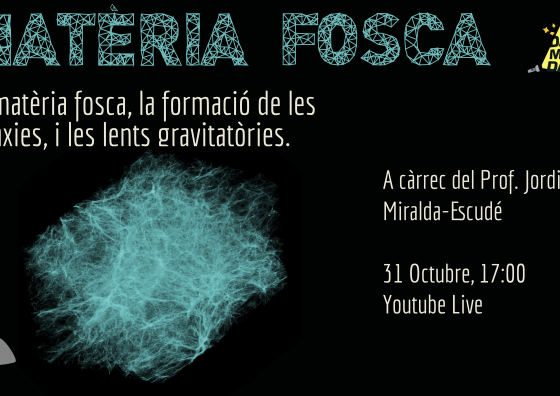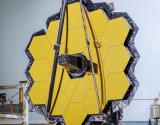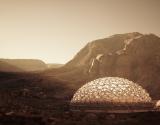The existence of dark matter in the Universe has been corroborated by a great diversity of observations. Interestingly, although we don't know anything about what dark matter is, we do have enough clues to say how it has impacted galaxy formation. The recent 2019 Nobel Prize celebrated, among other things, the theory of cold dark matter promoted by cosmologist James Peebles, which explains how galaxies could be formed based on small changes in the density of the early Universe only thanks to the key role who played dark matter. Gravitational lenses, capable of revealing the distribution of dark matter, provide us with a way to investigate this basic question of current cosmology: what is dark matter?
The Dark Matter Day
Throughout the month of October, the world will celebrate the historic hunt for the unseen—something that scientists refer to as dark matter.
Since 2017, more than 159 global, regional, and local events have been held on and around October 31 by institutions and individuals looking to engage the public in discussions about what we already know about dark matter and the many present as well as planned experiments seeking to solve its mysteries.
Web: https://www.darkmatterday.com/
About the author
Jordi Miralda is an ICREA professor, astronomer and scientific director at the Institute of Cosmos Sciences. Doctor in Astrophysics from Princeton University, he returned to Catalonia as an ICREA professor in 2005. His research is mainly focused on the field of theoretical astrophysics, and he tries to give physical explanations about the phenomena that we observe in the universe. Although his interests range from the formation of galaxies to the composition of the Universe, or the formation of massive black holes, in recent years he has focused his efforts on studying the large-scale distribution of intergalactic gas through quasar soundings. Currently, he investigates the techniques that delve into the nature of dark matter.




